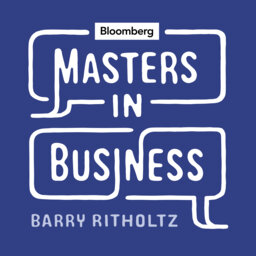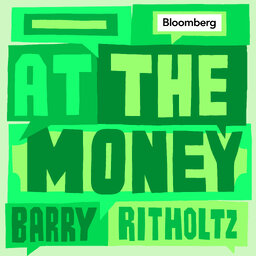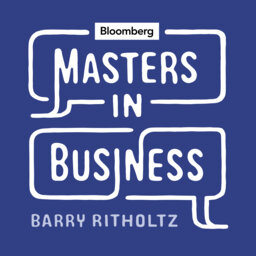Interview With Ned Davis: Masters in Business (Audio)
Bloomberg View columnist Barry Ritholtz interviews Ned Davis, a senior investment strategist who founded the Ned Davis Research Group (NDRG). He is the author of "Being Right or Making Money" and "The Triumph of Contrarian Investing." This interview aired on Bloomberg Radio.
In 1 playlist(s)
Masters in Business
Barry Ritholtz speaks with the people that shape markets, investing and business.Social links
Follow podcast
Recent clips

Introducing: Bloomberg This Weekend
01:08

Financial Products for Hedging with Vest Co-Founder Jeff Chang
1:09:33

At The Money: Diversifying with Managed Futures ETFs
20:57
 Masters in Business
Masters in Business